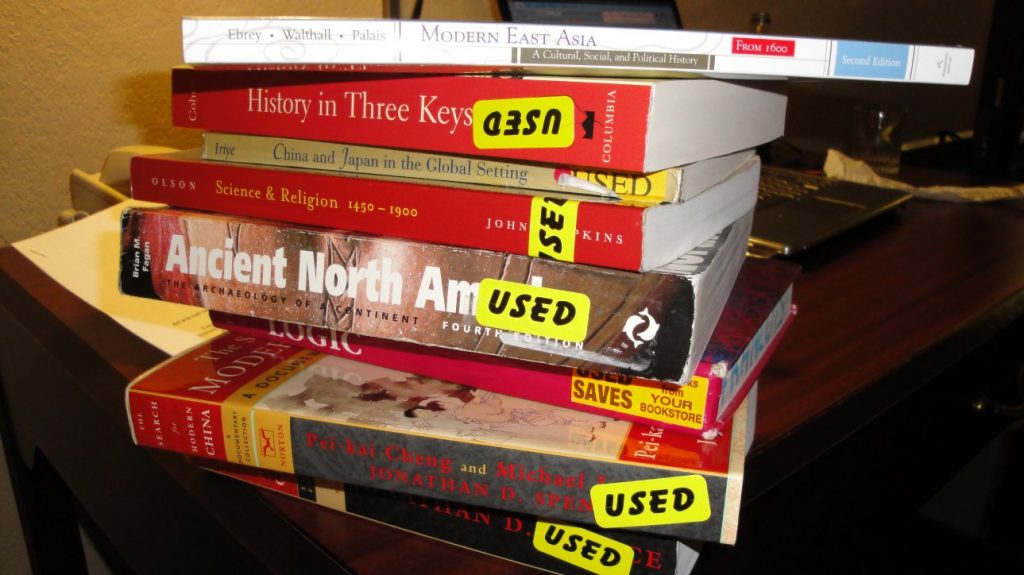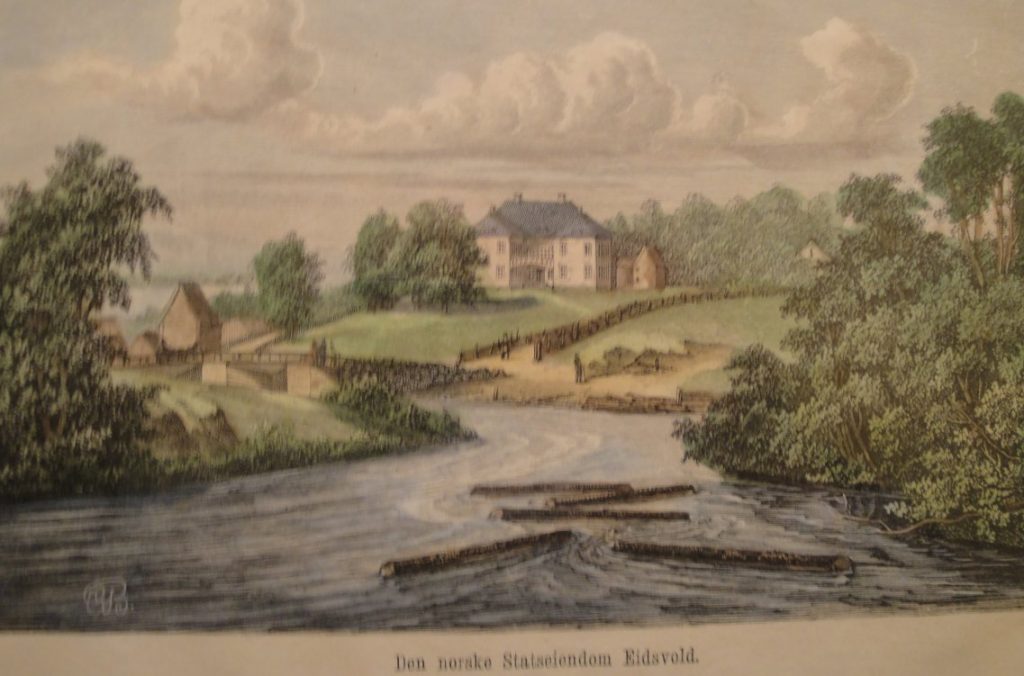There are times when my confidence outruns my competence. I cannot easily detect those instances beforehand, since blindness to the problem is essentially included in the definition. But years of painful experience have taught me how to recognize the general conditions, sort of the weather of error.
With all due modesty, I have a gift for quickly assimilating information and expressing it well to others. With all due concern, this is a dangerous gift when not properly managed. There are two big pitfalls. The first is that it tempts the possessor not to prepare sufficiently for engagements. If you can “wing it” there is strong temptation to do just that. This is a clearly defined fault and while it is easier identified than address, it is simple (although not always easy) to manage by larding in “extra” time and care. The second pitfall is harder is more of a stealthy problem. It is too easy to extrapolate from what you know into things that seem to make logic sense but are not really supported by the data.
The reason the extrapolation trap is so dangerous is that you MUST go to places where you may fall in, since you must make decisions and draw conclusions based on incomplete or contradictory information. It is embedded in the very nature of decision making. If all the facts are clear and known, you don’t need to make a decision; you can just use a formula. So you have to extrapolate and there is danger in jumping too far as well as not jumping far enough.
The two bits of folk wisdom don’t always work together. You need to look before you leap (i.e. hesitate), but you cannot jump a chasm in two hops (i.e. be bold).
If you are waiting for a solution, I will disappoint you. IMO, it is a problem that can be managed but never solved. Two things have made me think about it a little more recently.
The first is my investments. I studied stocks ten years ago and got reasonably good at investing in my small way. Of course, it was easy to seem smart back then when things in general we headed up, but I did better than the averages. But I don’t really pay attention any more. One reason is that with the kids in college and forest land to pay for, I don’t have much money to invest, but the bigger reason is that I am just not interested. When I was moving some money in the kid’s college fund, I just realized that I should not buy any individual stocks. I just don’t know enough about it. So I am defaulting into index funds. That will guarantee that I will not make big money, but it will also protect against catastrophic loss. That might seem like a no brainer, but it hurt my self-concept to realize that I just don’t know enough anymore and I probably will never again learn enough to go back in. So in this case, I take refuge in mediocrity … and forestry, which is slow but steady investment. A man has gotta know his limitations.
The second problem is more serious because mediocrity is not an option. I am talking about my job. Over the years, I have studied the components of my work, such as negotiations, leadership and communications, and tried to integrate them into a continually improving and developing performance. Of course, I produced some failures as well as successes, but on balance I made significant forward progress. As you can see from some of my blog entries, I have tried to stay in the forefront of applying new technologies of communication to public diplomacy. But I have recently had some serious doubts about my continued prowess.
I think we can learn lessons from the past and I reach back for analogies and lessons all the way to the dawn of history. That is why I think it is good and useful to study and think about things like the grand strategy of the Byzantine Empire, among other things. My trust in these things is based on the implicit assumption that fundamental human relations are constant, so there is something to be learned by looking at how things worked in a variety of places, times and circumstances. Not everybody agrees. My extrapolation comes from believing that things that Thucydides wrote 2500 years ago apply to our modern age communications, albeit with greatly accelerated connections. What if this is not true?
The new media is creating a kind of global consciousness that may be a discontinuous break with the past, a “novus ordo seclorum” to steal the fancy phrase (I am still the historian and I have a dollar bill). Discontinuous change invalidates previous experience.
I have helped design an FSI course on the social media and it has a lot of aspects of my personality are fixed in the structure and this goes beyond the fact that I am personally giving the keynote and handling one of the big “learning organization” modules. Although it is about the NEW social media, the premise I embedded is that social media is more an anthropology or human relations question than a matter of technology. To me the actual technologies are superfluous. I realize that this is the thinking and design or a classic historian. Not everybody would be so dismissive of the latest and greatest techno-wiz (BTW – I use the word wiz in both its slang versions) and I fear that it might be me who is out of line.
I recognize the weather of error, but it doesn’t tell me what to do. It could be that my anthropology paradigm is a good one, or it could just be all wet. I will do a couple of interactive talks at the new FSI social media seminar next week. Maybe that will give me better insight.










